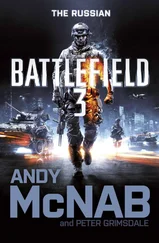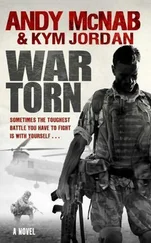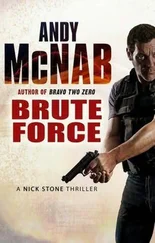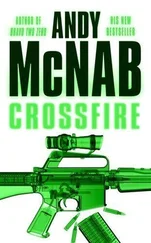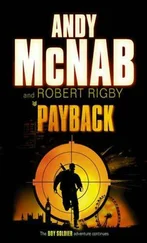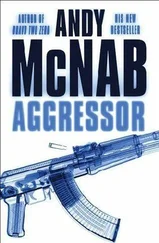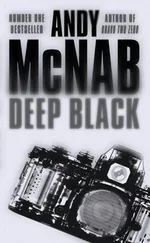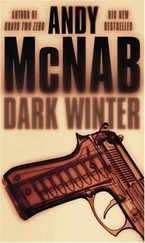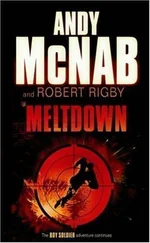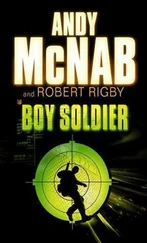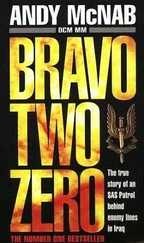With a final flourish, he unfolded the cloth and produced a military medal inscribed in Farsi.
He passed it to me. ‘My father joined a Basij Battalion – a volunteer battalion. They ended up in a village in the desert somewhere west of Khorramabad.’
The decoration was thin and tinny, but those things didn’t matter to any soldier from any country the world over.
‘The Iraqis attacked and our forces counter-attacked. The village changed hands many times. My father was a lieutenant, in charge of a platoon of young Basij. Most of them were just fourteen or fifteen.’
I passed the medal back and he polished it with the rag.
‘My father was ordered to carry out a first-wave assault on the village. They had to attack across the minefields, using their own bodies in the name of jihad to clear them so that the main force of Revolutionary Guards could follow through and wipe out the Iraqis. He did not hesitate. He and his men assaulted the enemy across the minefield. That was when my father was injured. A mine blew him up, but he and his soldiers who survived the minefield still fought on and took the village. The Revolutionary Guard were not needed. And he received this for his bravery.’ He held up the newly gleaming disc. ‘A martyrdom medal. The highest award you could receive. The Supreme Leader himself presented it. War is a terrible thing, James, but for my father to have been decorated in this way, for what he did, is a very big honour. It is one of the many reasons I love my father so… and why I forgive him for what he has done.’ He wrapped the medal back in the rag.
‘The drugs? That could happen to-’
‘No, Jim. My mother, he was a terrible man to her. He beat her – sometimes I would come home from school and she would be lying just there.’ He pointed under my chair. ‘In her own blood. My father would then cry and beg forgiveness, and she would give it.’ He stood up and put the martyrdom medal back into his jeans. ‘I keep it with me. Always.’
‘You should be very proud, Ali.’
He stood up. ‘I am, Jim – very much. Now let me show you what I know about the Falcon.’
I’d never been able to understand what made grown men stand at railway stations or airports writing down numbers – or play golf, come to that.
Ali’s bedroom shelves were lined with books, some in English. There were hefty volumes on engineering and reference books by the yard on all kinds of aircraft. Maybe this subject and this room were where he’d retreated when the trouble started at home.
Ali opened an antique desk. Inside was a laptop. He fired it up, snatching the odd glance at his father through the adjoining door as he waited for it to come online. I sat and got on with my glass of very sweet black tea. Through the open door, I had a good view of his dad. He was sleeping soundly now, as the fan battered his bedding once more.
Ali kept his voice low. ‘First, I need to log on to iranianmetalbird.net to see if there have been any unusual movements…’ He tapped some keys and his home page came up. He traced his finger across a table. ‘Both main airports, Jim – IKIA and Mehrabad. From this time column I can see which aircraft have landed and departed.’
‘In real time?’
‘Let me show you.’
He typed in further instructions and the screen changed. This time a digital map of the entire Gulf region appeared. Moving across it were hundreds of letters, numbers and what I’d always known as ‘tracks’ – dotted lines that charted an aircraft’s speed and heading.
I checked the time in the corner of the screen against my watch. Everything was happening live. ‘How do you get into data like this?’
He looked at me and smiled because he knew something Mr Manley didn’t. ‘IKIA is my country’s pride and joy. The government bills it as a modern airport comparable with the best in the world – Singapore, Dubai, Denver… It’s not, of course, but one of the things they upgraded at the time they built the airport was an air-traffic reporting centre for the Tehran region and, unlike the airport itself, it’s pretty good.’
‘You hack into the air-traffic-control computer?’
Ali was now in full-on geek mode. ‘I wouldn’t put it quite like that. A commercial aircraft, as I’m sure you know, Jim, will transmit a constant stream of data to centres like these – where it is, where it’s heading, lots of different information. The data is transmitted essentially in the form of an email. The emails are encoded into radio signals, and if you have a good scanner, you can intercept and receive those signals.’
His smile turned into a big grin. ‘A member of our group has a scanner linked to his laptop and some decoding software that allows him to see the position and heading of any aircraft in the region. What you are looking at is the result. We post it on a secure site to which a handful of us have access. In any other country, this wouldn’t be illegal – in fact, the scanner and the software are standard equipment for spotters in most parts of the world. But this, my friend, is Iran. We have to exercise some care…’
He hit some more keys and the screen changed. I checked the digital clock. This time, we were looking at a representation of the air-traffic picture as seen by a controller at the Tehran reporting centre a little after five o’clock local time – pretty much the moment at which the Falcon climbed away towards the mountains.
Ali peered at the screen. ‘Now, let’s see…’ He used the tip of a biro to point at a dot that was slowly tracking away from Tehran.
I got into geek mode too. ‘That’s our bird?’
He nodded.
‘What can you tell me about it?’
He hit the keys again and a small panel appeared next to the slowly tracking dot. ‘This tells me almost everything I need to know. Type of aircraft: Dassault Falcon 7X. Fuel status: full. Destination: Quetta, Pakistan…’
‘Does it give a passenger manifest?’
‘It flew out empty. There were no passengers.’
I looked at him to check he wasn’t taking the piss. ‘You’re sure no one was on board?’
He was busy on the keyboard. ‘Sure, the catering company only delivered meals for the pilots.’ He pointed at the screen. ‘See? It says so right there. Two different menus in case one man gets food poisoning. Just two sets of meals, Jim. It’s going to Quetta empty. Maybe to pick someone up or something. Who knows?’
‘Are you able to track back?’
He gave another of his little smiles. ‘You mean, review the historical air-traffic picture? Sure. How far do you want to go?’
‘I’d like to know the aircraft’s status when it first flew into IKIA.’
‘Two days ago, correct?’
I nodded.
Ali started to type. A few seconds later, the screen changed. He leant forward, said something under his breath, and rekeyed the data.
‘What is it?’
‘I don’t know. You don’t often see this…’
‘See what?’
‘The aircraft did not file a flight plan. Do you know where it flew in from?’
‘The UAE.’
He flicked open a notepad and leafed through. When he found the page he needed he ran his finger down a set of letters and numbers next to the margin.
‘What are those?’
‘Registration numbers.’ He flicked to another page and typed in some more data. He leant forward. ‘Ah, OK…’
‘What?’
‘I made the mistake of thinking that this is a commercially owned aircraft. It isn’t.’
‘No, it’s an RF registration. It’s almost a military aircraft.’
He pointed to the dots and tracks criss-crossing the Persian Gulf, before picking one of them out with the tip of his biro and following it – a track heading north out of Dubai.
Читать дальше

